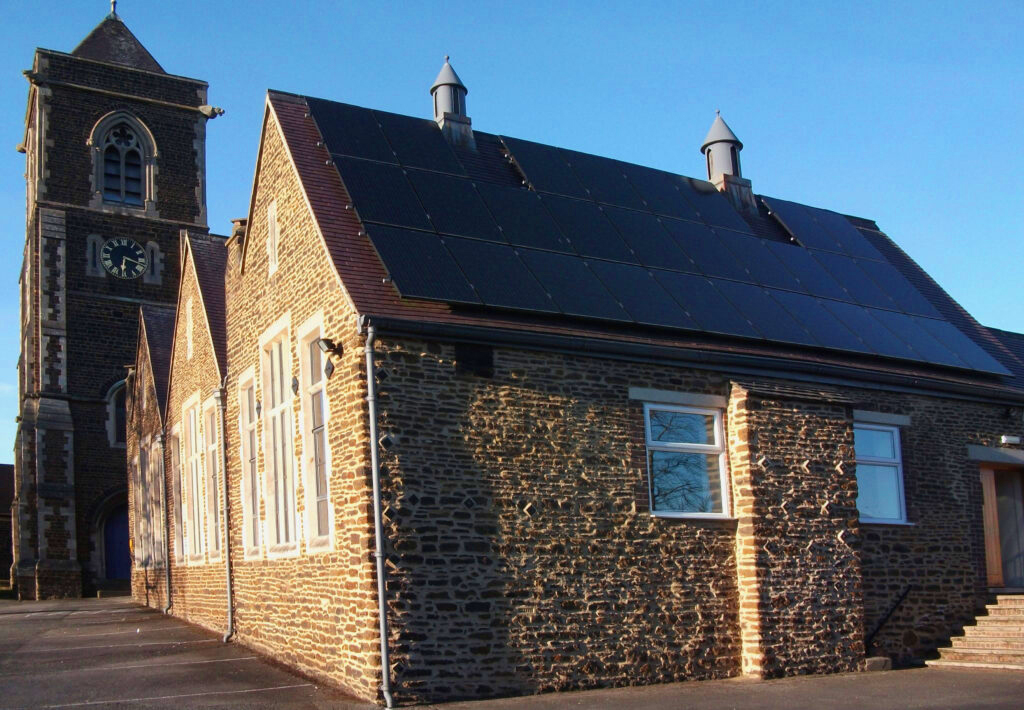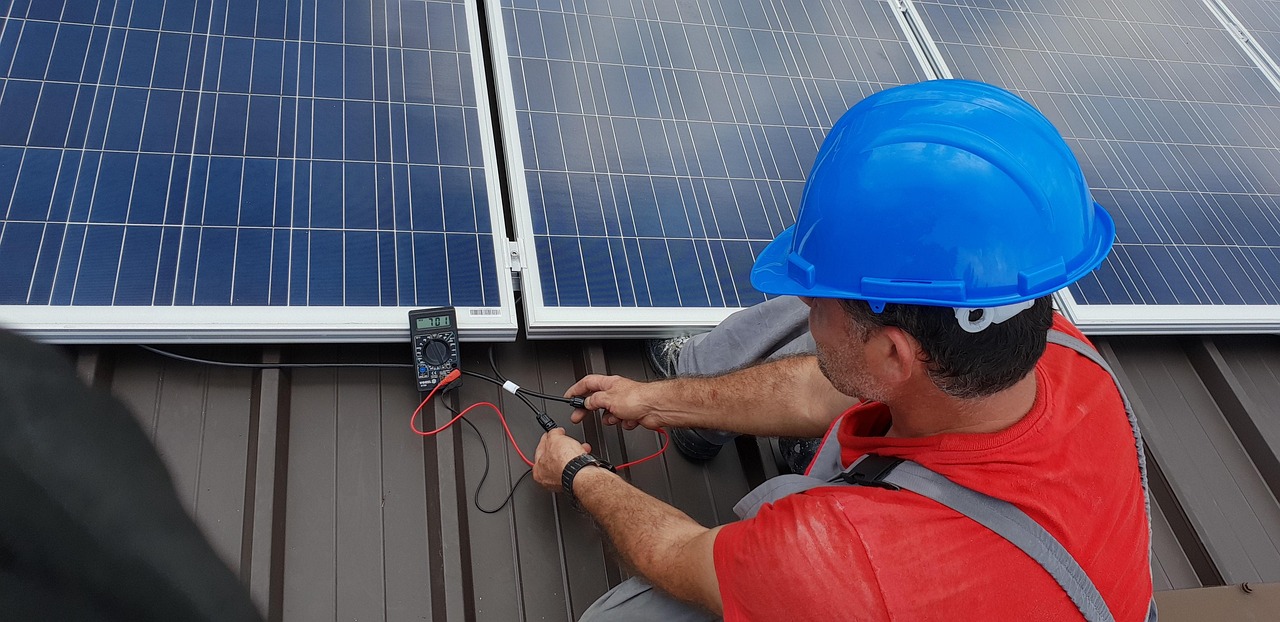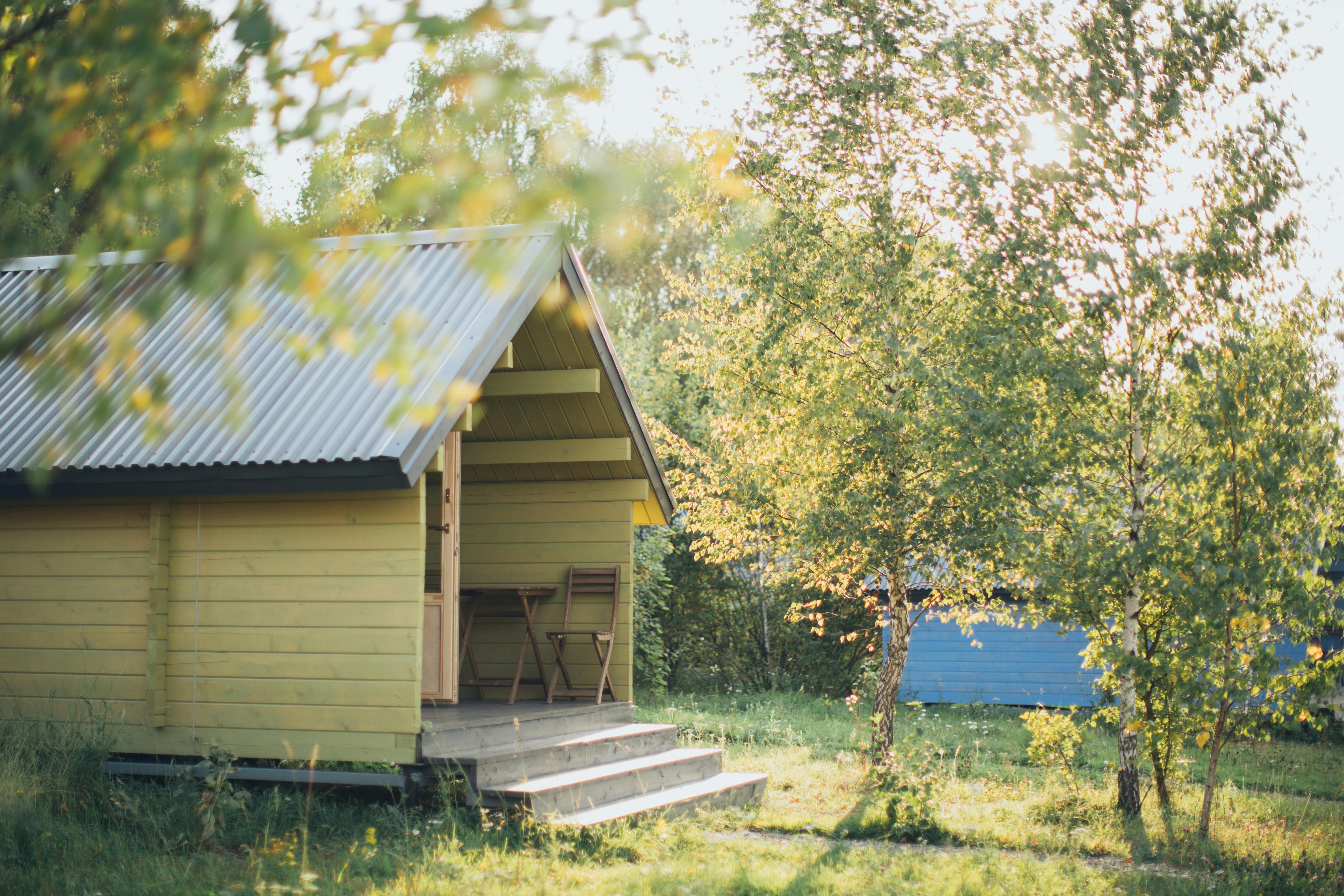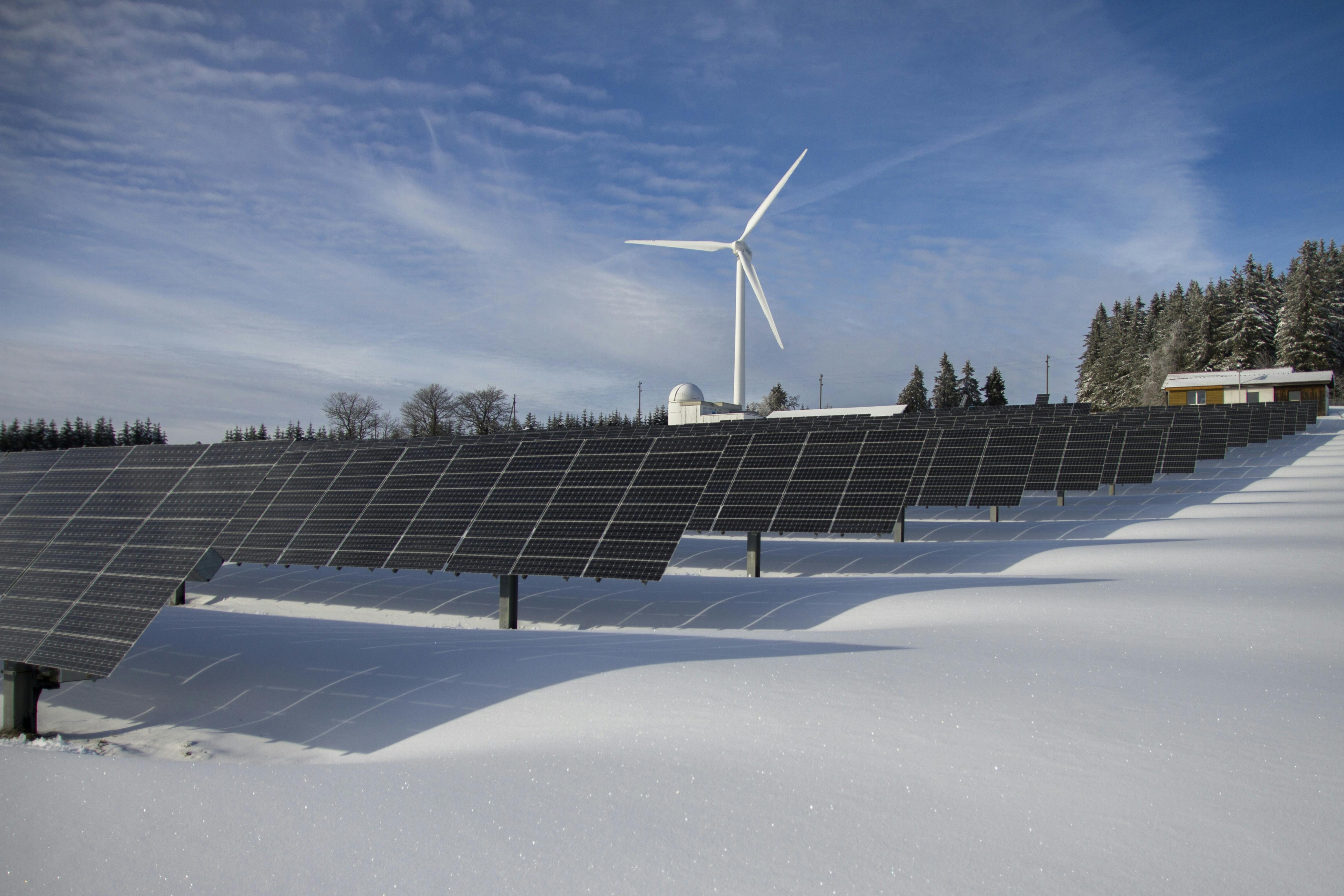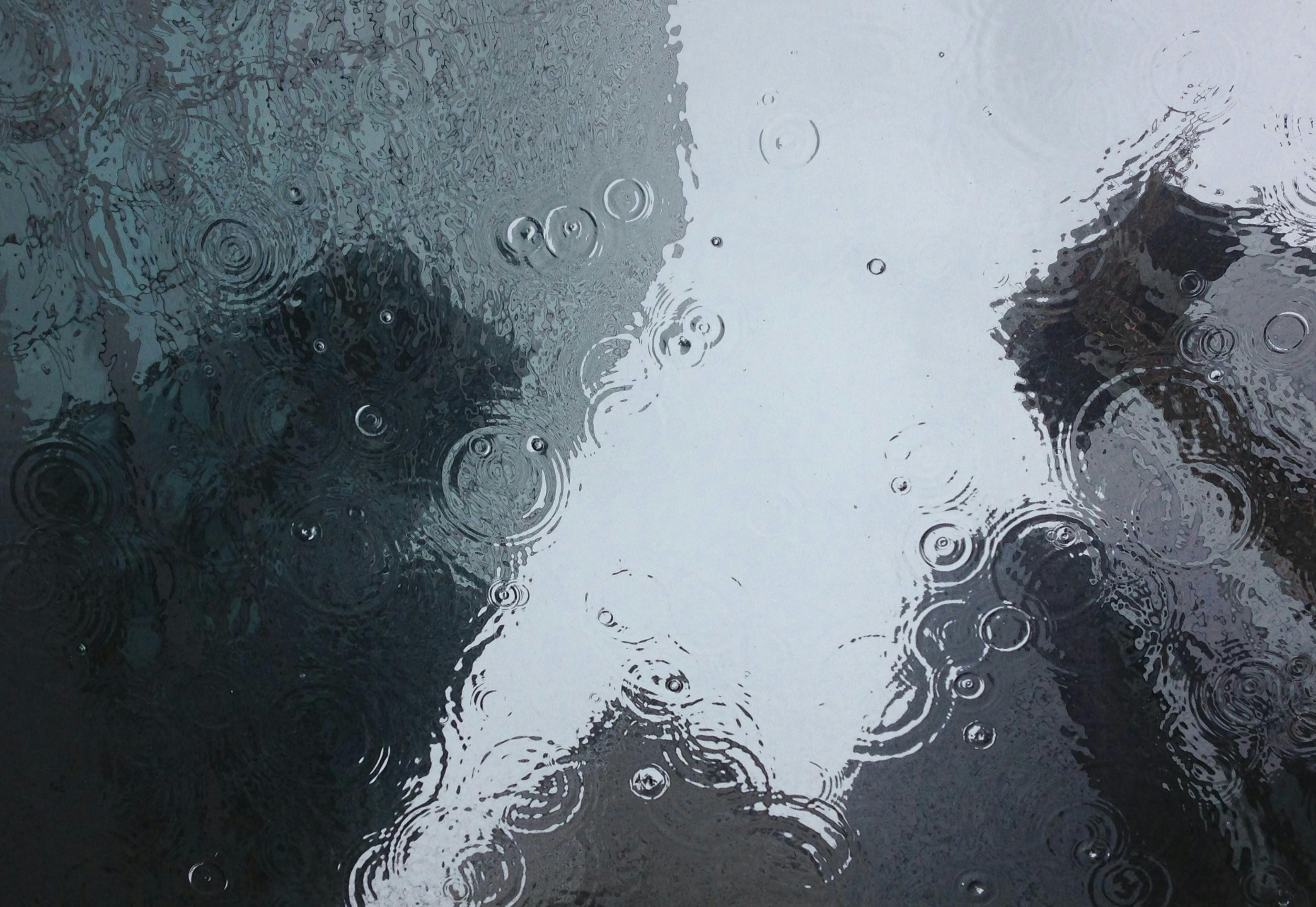Solar Panels for Holiday Homes : A Good Investment?
Cut energy bills and boost the value of your holiday home with solar panels. Discover the true costs, savings, and setup.

Solar panels for holiday homes are becoming an increasingly smart investment. With energy bills on the rise and more people looking to make their properties, home and away, more sustainable.
Whether your holiday home is used now and then or rented out regularly, solar energy can cut your electricity bills, boost energy independence, and appeal to eco-conscious guests. It’s also a simple way to future-proof your property against rising costs.
In this guide, we’ll explore how solar panels could work for your holiday home, what they cost, and the key pros, cons, and considerations to help you decide. If you're curious, use our solar panel calculator for a personalised estimate in 60 seconds.
Key Solar Takeaways:
Are Solar Panels a Good Investment for Your Holiday Home?
Yes, solar panels can be a strong long-term investment for many UK holiday homes. They help reduce electricity bills, improve energy independence, and support sustainability, all while increasing your property’s appeal and potential resale value. But how beneficial they are depends on the type of property, how often it’s used, and where it’s located.
Let’s break down how solar performs for different holiday home types, each with its own unique considerations.
Cottages & Detached Properties
Traditional holiday cottages and detached rural homes tend to be ideal for solar panels. They usually offer generous roof space, good sunlight exposure, and fewer restrictions when it comes to installation. These properties can house a full-sized solar energy system, often without the need for battery storage unless they're in a particularly remote or off-grid location.
If the property is let out frequently or used year-round, owners can benefit from consistent energy savings and potential income through the Smart Export Guarantee (SEG). Solar also improves EPC ratings, which may increase the value of older properties in particular.
Static Caravans & Park Homes
These homes need a more tailored approach. Structural limits mean heavy rooftop solar panels may not always be suitable, but there are still effective solutions, like lightweight flexible panels or ground-mounted systems installed nearby. Because these properties often have lower energy needs, a smaller system may be enough to cover the basics.
Where usage is seasonal, solar paired with battery storage can help store excess energy for use when it’s needed. And for park homes on a site with shared electricity billing, solar can offer greater independence and control.
Lodges & Chalets
Lodges and chalets are typically located in scenic, often off-grid, areas, making them excellent candidates for solar. These properties benefit most from hybrid solar setups that combine panels with battery storage. This ensures energy is available even when the sun isn’t shining and can support all-year use or occasional off-season visits.
How to Know If Solar Is Right for Your Holiday Home
Before deciding whether solar panels are the right fit for your holiday home, it’s worth taking a closer look at a few key factors. While solar can deliver clear long-term benefits, the setup needs to match your property type, usage habits, and location.
- How often the home is used: The more frequently your holiday home is occupied the more value you’ll get from solar panels. If the property is used only occasionally, excess energy may go unused unless you have a battery or a Smart Export Guarantee (SEG) tariff in place to sell it back to the grid.
- Where it’s located: South-facing roofs with minimal shading perform best, but most parts of the UK still get enough sunlight to make solar worthwhile. Rural locations or shaded sites may need a slightly larger system or additional planning, but solar is still often viable.
- What your roof is like: A well-positioned, pitched roof with enough space makes installation simple and effective. Cottages and lodges tend to be ideal. For static caravans or park homes, roof strength and space can be limited, ground-mounted or lightweight panel options may be better suited.
- Grid connection: If your property is connected to the grid, any extra power you don’t use can be sold back, helping improve your return. Off-grid homes can still benefit from solar, but will need battery storage to avoid energy waste and ensure consistent supply.
- If the property is rented out: Solar panels are a great addition for letting. Many guests value eco-friendly features, and energy efficiency can be a real plus when marketing your property.
Pros and Cons of Solar Panels for a Holiday Home
Installing solar panels on your holiday home can offer a range of benefits—but there are also a few potential drawbacks to weigh up, especially if your property is only used part of the year.
Pros
- Lower Running Costs: Solar panels generate free electricity from sunlight, helping you reduce or even eliminate your electricity bills, especially useful if your holiday home is in regular use or rented out.
- Energy Independence: Solar can make your property less reliant on the grid, which is particularly valuable in rural or remote locations. Add battery storage, and your home can stay powered for longer periods.
- Long-Term Return on Investment: While the initial setup cost is higher, the long-term savings on electricity bills, combined with the potential to earn through the Smart Export Guarantee, make solar a financially sensible move for many homeowners.
- Increased Property Appeal: More guests and buyers are actively looking for eco-friendly properties. Solar panels can improve your holiday home’s EPC rating and make it more attractive in rental listings or when selling.
- Low Maintenance: Most solar energy systems require minimal upkeep. Occasional cleaning and routine checks are usually all that’s needed to keep them running efficiently.
- Sustainable Living: Solar reduces your reliance on fossil fuels and cuts your home’s carbon footprint, something many holiday homeowners are prioritising more than ever.
Cons
- Upfront Cost: Installing solar panels requires an initial investment, typically starting from £5,500 to £9,000 depending on system size and setup. That said, most systems pay for themselves within 7–10 years.
- Surplus Energy During Low Use: If your property is empty for long periods, solar panels will still generate electricity, but without battery storage or an SEG tariff, that energy may go to waste.
- Property Limitations: Not all holiday homes are ideal for solar. Static caravans and some older roofs may need specialist solutions, which can add to the cost and complexity.
- Installation Considerations: If your property is in a conservation area or national park, you may need additional planning permission for visible panel installations.
Solar Power Options for Holiday Homes
Not all holiday homes are the same, and neither are their solar needs. Whether your property is remote, rented regularly, or only used seasonally, there’s a solar setup to match. Here are the main system types to consider:
Grid-Tied Solar Systems
This is the most common setup for holiday homes that have access to the national grid. The solar panels power your home during the day, and any excess electricity is sent back to the grid, often earning you money through the Smart Export Guarantee (SEG). At night or during low-light days, your home simply draws from the grid as normal.
- Best for: Regularly used holiday homes with stable grid access
- Pros: Lower upfront cost, SEG payments, no need for batteries
- Consideration: Limited independence if there’s a power cut
Off-Grid Solar Systems
If your holiday home is in a remote area with no grid connection, an off-grid setup is essential. These systems include solar panels plus a battery storage unit to store excess energy for use when the sun isn’t shining.
- Best for: Rural or remote properties
- Pros: Complete energy independence
- Consideration: Higher setup cost due to batteries and backup systems
Hybrid Solar Systems
Hybrid systems combine the best of both worlds, solar panels with battery storage and grid access. You can store energy for personal use and sell any surplus back to the grid. If your battery runs low, your home automatically switches to grid power.
- Best for: Properties with mixed usage patterns or limited grid reliability
- Pros: Backup during outages, SEG benefits, efficient use of generated power
- Consideration: More expensive than basic grid-tied systems
Smart Monitoring and Automation
No matter the system type, our setups include smart monitoring tools. These let you track energy production and consumption remotely, perfect if your holiday home isn’t in use year-round. It also means you can keep tabs on system performance from anywhere.
Want tailored advice? Speak to a Green Guru for expert support, or use our solar panel calculator to get a personalised energy saving estimate.
How Much Will Solar Panels Cost for Your Holiday Home?
The cost of installing solar panels on a holiday home in the UK will vary depending on the size of your system, your roof type, how much electricity you use, and whether you include battery storage. That said, there are some useful ballpark figures to help guide your thinking.
Most holiday homeowners can expect to pay between £6,000 and £12,000 for a standard system. Smaller setups, like those suitable for cottages or seasonal-use homes, will fall towards the lower end, while larger systems for frequently used or rented properties will be at the higher end.
If your holiday home has a more complex roof structure (like slate or flat roofing), or requires ground-mounted panels (e.g. for static caravans), this can increase installation costs slightly due to more specialist equipment or labour.
Will It Save You Money?
Yes, solar panels can offer meaningful long-term savings on your electricity bills, even if your holiday home isn’t in constant use. A typical UK solar setup saves homeowners between £500 and £900 a year, depending on energy usage, sunlight levels, and how much you export back to the grid.
If your property is let out for part of the year, you’ll also benefit from lower running costs between guests, and may even boost your nightly rate by marketing the home as eco-friendly.
Battery storage can maximise your savings by allowing you to use stored energy when the sun isn’t shining, but it will increase upfront costs.
Recommended Article: How Much Do Solar Panels Save?
Will My Holiday Home's Value Increase?
In many cases, yes. Solar panels can improve your property's EPC rating, making it more attractive to buyers and renters alike. According to research from Rightmove, energy-efficient homes can sell for up to 16% more than similar homes with lower ratings.
Recommended Article: Do Solar Panels Increase Property Value?
Ready to Power Your Holiday Home with Solar?
If you’ve decided that solar panels are a good investment for your holiday home, the next step is finding the right partner to guide you through it. That’s where we come in.
Whether you’re looking to reduce bills, improve rental appeal, or make your property more self-sufficient, Make My House Green is here to help you do it right. We’ll guide you from first questions to final install, with clear advice and trusted UK installers who understand the needs of holiday homeowners.
- Get a tailored solar plan based on your property type, usage, and location
- See what you could save each year, and what return to expect
- Choose from reliable solar systems designed to match different levels of use
- All backed by data, not guesswork
Start by using our solar panel calculator, you’ll get a personalised breakdown in under 60 seconds. Or, if you'd rather talk it through, book a call with a Green Guru and we’ll help you explore your options.
Ready to see what you can save?
Our solar calculator is 100% free to use. Enter your postcode below to get started.

Based on 400+ Trustpilot reviews

